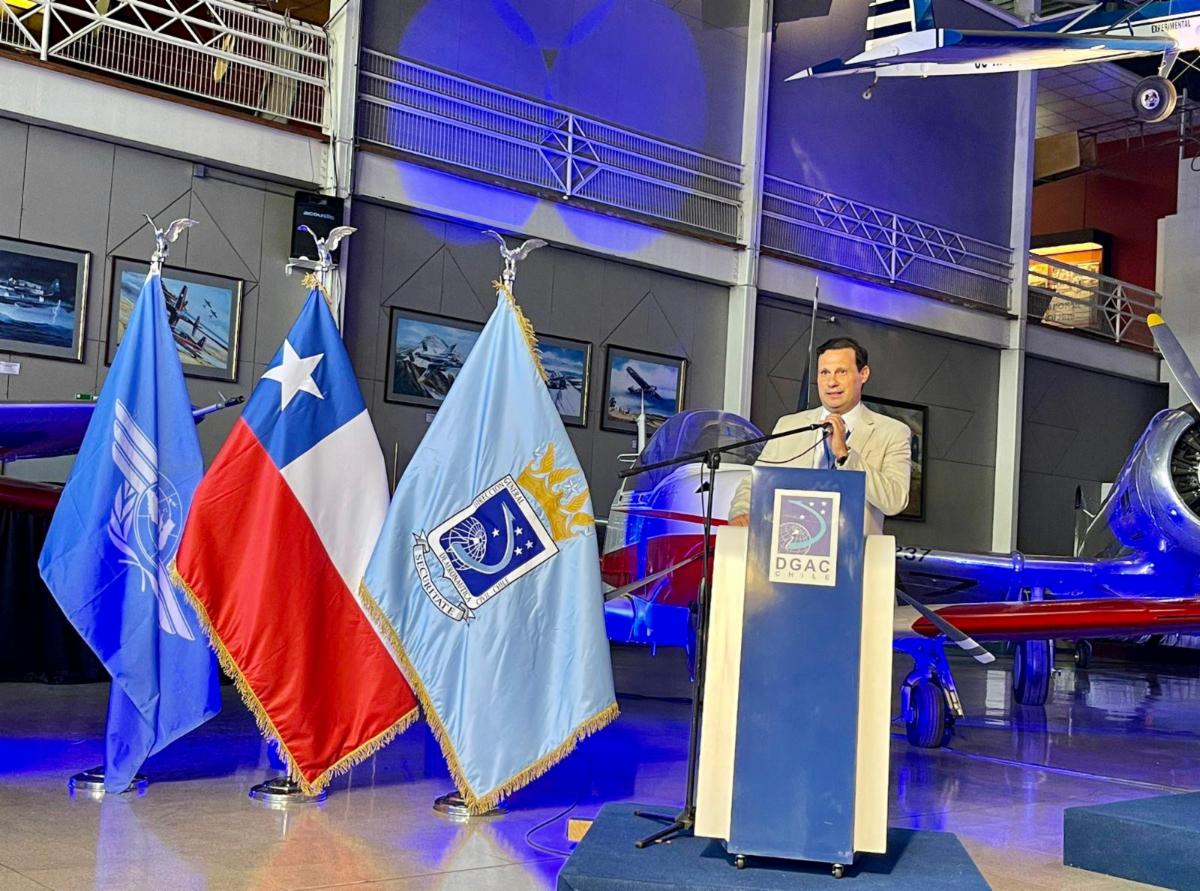Paraguay, Panama and Brazil are the only countries in Latin America and Caribbean where there are currently projects for the production of Sustainable Aviation Fuel (SAF), the input that will allow the aviation industry to largely reach the goal of zero net emissions by 2050, shared José Ricardo Botelho, ALTA's Executive Director & CEO, during the Civil Aviation General Directors Meeting, hosted by the South American Regional Office of the International Civil Aviation Organization (ICAO).
During his presentation, Botelho addressed two major challenges: first, the urgency of increasing the availability of SAF, as the global industry will require an annual production of 449 billion liters to supply itself by 2050. Secondly, high procurement prices, as by March 20, 2023, SAF was 2.3 times more expensive than regular fuel, according to data from S&P Global Commodity Insights.
"Both challenges can be met with local production," commented ALTA's CEO, who reiterated that LAC has the potential to produce enough SAF for the decarbonization of aviation across the Americas. "Latin America and Caribbean has the largest amount of raw materials to produce SAF in the world. It is a privileged position that we can take advantage of and, thus, not only make available the input that will allow the decarbonization of air transport, but also create millions of jobs that provide socio-economic wellbeing to the population."
In order to achieve that goal, the articulated work between industry, producers and government is critical.
"Government support is crucial at this time. Legal certainty is the cornerstone for attracting long-term investment. On the other hand, economic incentives stimulate the production and consumption of SAF and, likewise, generate more research and development (R&D) in the supply chain of this type of fuel. This set of measures triggers advances and promotes large-scale production, which results in lower unit prices for SAF. If the region does not become a producer, it will consolidate itself as an exporter of raw materials that then imports the SAF for use," he added.
An intelligent legal framework in line with the needs of the regional market could change the rules of the game and the history of Latin America and Caribbean, a region that currently figures as a major exporter of raw materials for the production of this fuel, but plays a disadvantaged role in the market, because, with the current scenario, the region generates and exports the raw materials, and then imports the SAF, which generates losses in the region.
"It is a critical time to change the rules of the game, it is time for governments and industry working together. Therefore, we congratulate the ICAO SAM office for promoting these spaces for discussion and collaborative work. I am convinced that Latin America and Caribbean can reach its great potential, without additional costs that will harm an industry already hard hit by the pandemic. SAF will be a great source of jobs and wellbeing for the region, while at the same time making air transport sustainable," Botelho stated.
Tags: Sustainable Aviation Fuel (SAF), ICAO, Latin America and Caribbean, José Ricardo Botelho, ALTA
